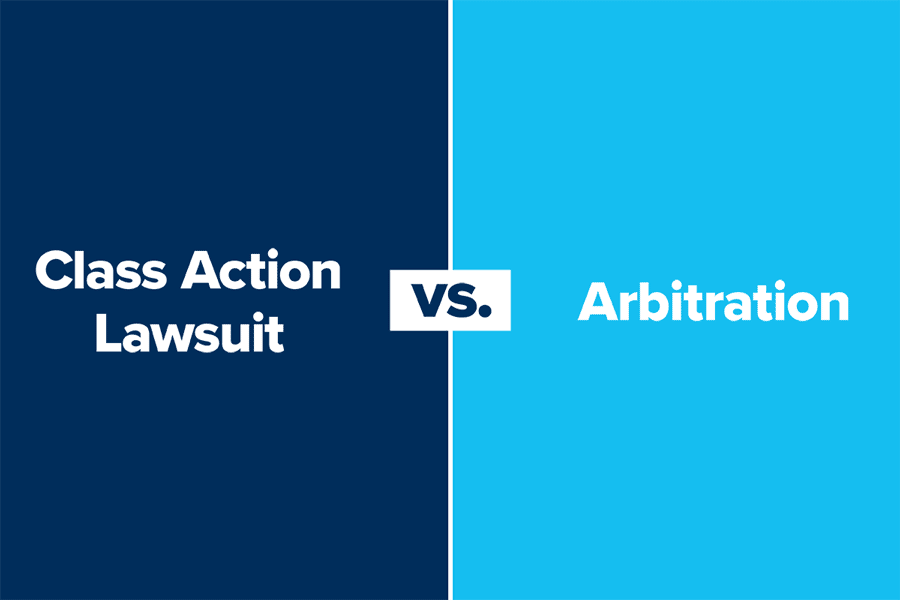Published
November 06, 2017
The historic rollback of harmful Obama-era regulations under the Trump administration continued last month with Congress’ dismantling of a rule that would have blocked consumers from using arbitration to settle their disputes with financial firms. This anti-arbitration rule was an outrageous act of overreach by the unaccountable Consumer Financial Protection Bureau (CFPB), and the U.S. Chamber of Commerce applauds Congress for answering our long-standing calls to strike it down.
The rule amounted to an enormous gift to the trial bar at the expense of consumers and businesses alike. It effectively banned arbitration—a method of settling disputes out of court—in consumer contracts in favor of costly and time-consuming class action lawsuits. In issuing this rule, the CFPB ignored the views of many members of Congress, the business community, as well as the findings of its own foundational study showing the problems associated with class action litigation.
According to the CFPB’s study, the average payout for the few consumers who actually recover something from a class action lawsuit is about $32, while the average plaintiff’s lawyer pockets $1 million. In arbitration, in contrast, consumers recover $5,389 on average. The study also reports that the average time frame for arbitration is two to seven months, while the average class action suit takes one to two years to complete. Despite these clear findings in favor of arbitration, the CFPB went ahead with issuing its devastating rule.
Ever since the CFPB came up with this bad idea, the Chamber has been working to defeat it. For over six years, the Chamber’s Center for Capital Markets Competitiveness and Institute for Legal Reform have worked together to fight this rule. They built a broad coalition of support, filed numerous comment letters, ran advertising campaigns, engaged state and local chambers of commerce, and even filed a lawsuit.
Their efforts paid off last month when the Senate joined the House in passing legislation to not only repeal the rule but to bar the CFPB from ever issuing a similar regulation. This does not mean, however, that opponents of arbitration will give up. They will continue to threaten arbitration in other contexts with other tools. And the Chamber will continue to fight back.
Yet for now, the repeal of the anti-arbitration rule is a major step in the right direction. Consumers will again have the option of settling disputes without incurring staggering legal fees and wading through the overburdened court system. This outcome is a victory for consumers, businesses of all sizes, and justice itself.
About the author

Thomas J. Donohue
Thomas J. Donohue is advisor and former chief executive officer of the U.S. Chamber of Commerce.





